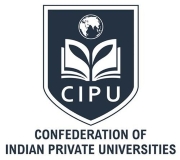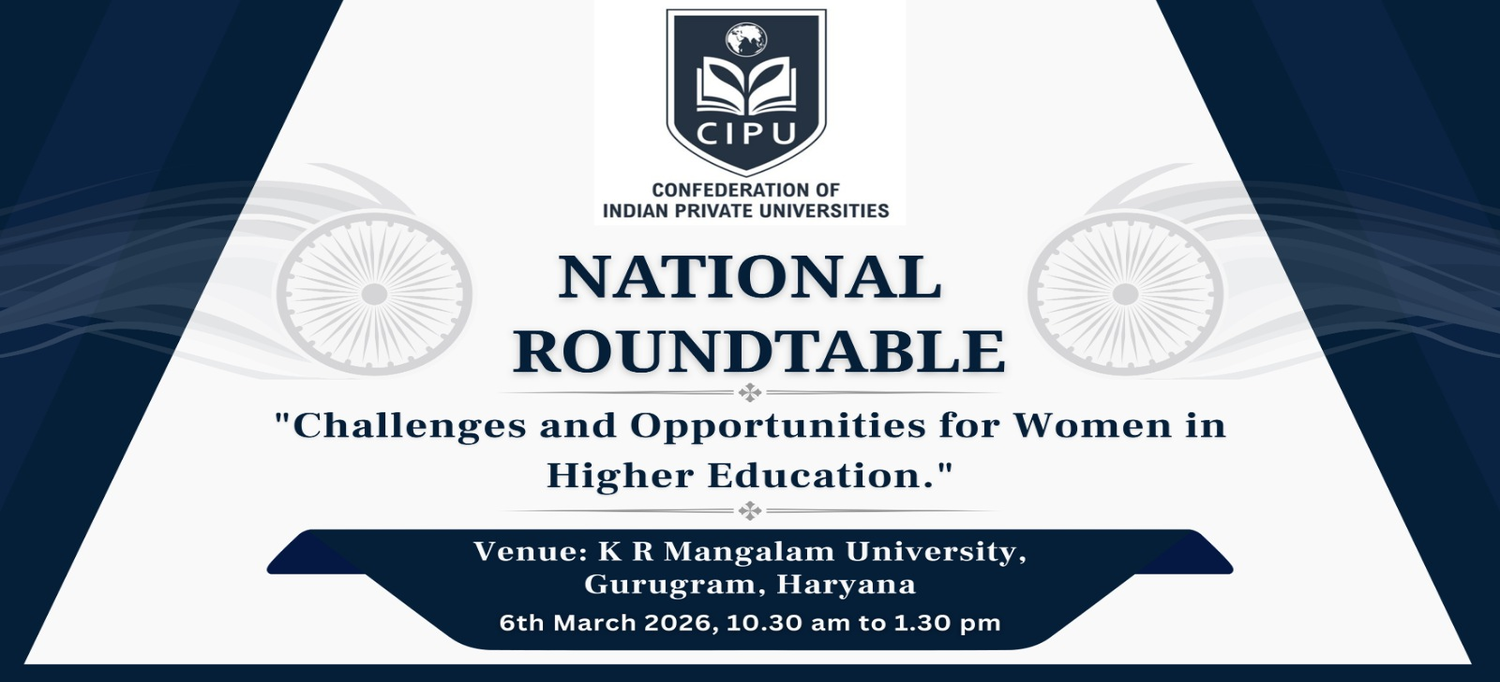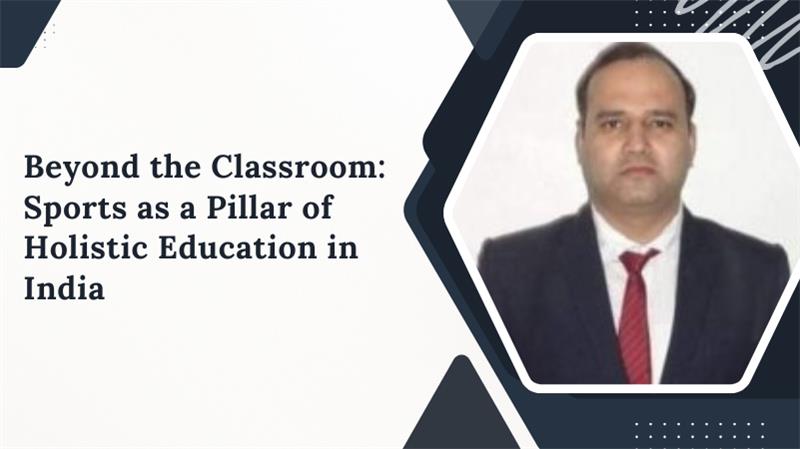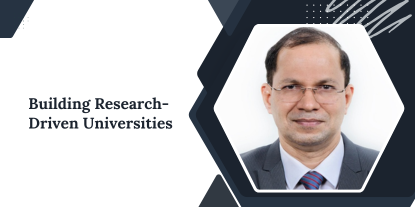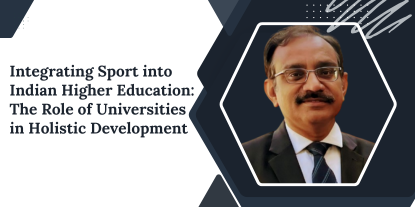
The National Education Policy (NEP):2020 is rapidly moving forward in its fifth year of implementation, akin to the realization of a grand vision. However, the journey of the NEP: 2020 still appears to be fraught with challenges, necessitating reflection to overcome them.
The path from entering college or university after the 12th grade to graduating has been made smoother. The duration of the courses has been unexpectedly altered to quickly test qualifications, which is undoubtedly an unprecedented step. A noteworthy point here is that if a student completes the first year at a university but leaves afterward, it may adversely impact the institution. For instance, if a university has a capacity of 100 students but 30-40% of students leave after completing the first year, the institution will face challenges in managing its resources in the second year. This will adversely affect the teachers, academic staff, and other institutional arrangements, impacting academic standards. There is a need for reflection to resolve these challenges for institutions. Ground-level work is required, and a plan must be made to ensure a balance between the number of teachers and other institutional resources.
To address this challenge, the first step is to limit or determine the number of students leaving the institution midway through their course. Secondly, while determining the fees, they should be arranged in descending order to reduce the tendency of leaving the institution/course midway. This, in turn, will help increase the Gross Enrollment Ratio (GER) from the current 27% to the target of 50% by 2035. After implementing this, future challenges need to be addressed through a plan of action and a search for solutions.
Secondly, the NEP 2020 strongly advocates teaching in regional languages. This is entirely beneficial, as students can certainly better understand subjects in their native language. However, on the flip side, studying in regional languages may pose serious challenges to students competing on an international level. Language could become a barrier for students aiming to shape their future both domestically and internationally. There is no question about any language here, but it is necessary to consider this aspect, as most existing courses are taught and written in English. This language challenge may diminish our significance on the international stage, requiring attention.
The third important point is that our teachers must also be prepared according to the NEP: 2020. A good teacher is one who teaches their students with thorough preparation. If we look at the numbers, the total number of students in India is around 350 to 400 million, which is approximately 40% of our total population. Teachers play the most crucial role in implementing the NEP on the ground. Teachers steeped in the old education system must prepare according to the current framework. In this competitive era, teachers must be prepared to build a better future for students. Based on training, teachers must adapt to the mold as per the essences of NEP: 20202, or else the effectiveness may be difficult to achieve. In this regard, the establishment of 111 Madan Mohan Malaviya Teacher Training Centers (MMTTC) by the UGC will be a milestone. Through these centers, the goal is to train 1.5 million teachers in the next three years.
The fourth and final point is that we currently recognize institutions like IITs for engineering studies and IIMs for management studies. The core structure and teaching of these top institutions work in this direction. There is concern that making such prestigious institutions multidisciplinary might cause them to deviate from their core structure and essence. This could lead to missing out on the minimum while aiming for the maximum. Although it doesn't seem so at present, these points cannot be overlooked during study and teaching.
(The author is an alumnus of IIMA and Dean, Student Welfare at Teerthanker Mahaveer University, Moradabad (UP). These are the author's personal views.)
